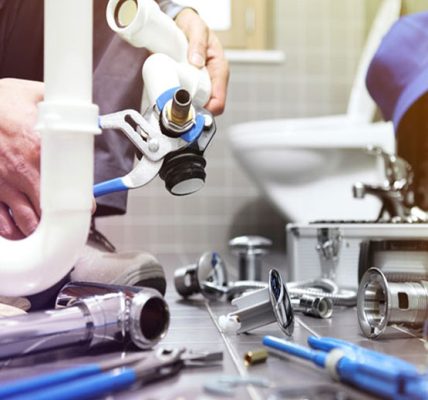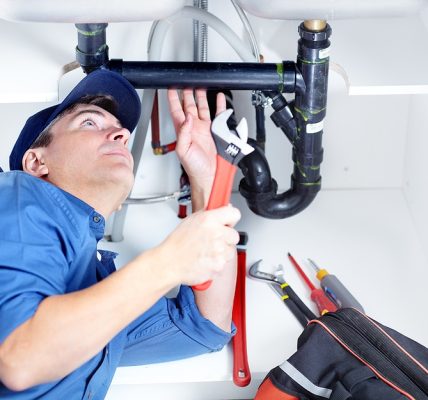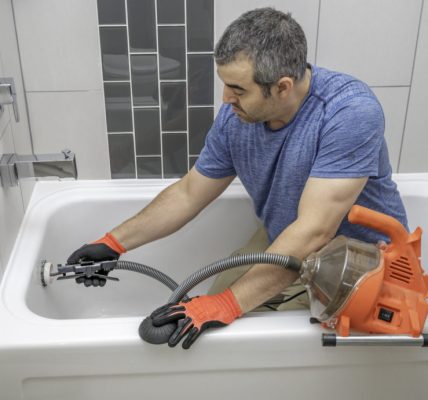Repairing a water heater can vary in complexity depending on the specific issue. Here are some general steps you can take to troubleshoot and potentially repair common water heater problems:
- Check the Power Supply: Ensure that the water heater is receiving power. Check the circuit breaker or fuse box to see if a breaker has tripped or a fuse has blown. Reset or replace as necessary.
- Inspect the Pilot Light (for gas water heaters): If you have a gas water heater, check the pilot light. If it’s out, relight it according to the manufacturer’s instructions. If it won’t stay lit, there may be an issue with the thermocouple or gas supply that requires professional repair.
- Check the Thermostat: Make sure the thermostat is set to an appropriate temperature. If it’s set too low, the water may not heat up sufficiently. Adjust as needed.
- Flush the Tank: Sediment buildup can reduce the efficiency of the water heater and lead to problems. Flushing the tank can help remove sediment. Follow the manufacturer’s instructions for flushing your specific model.
- Inspect for Leaks: Check around the water heater for any signs of leaks. Tighten connections or replace fittings if necessary.
- Test the Pressure Relief Valve: The pressure relief valve is a safety feature that releases pressure from the tank to prevent explosions. Test it by lifting the lever and allowing some water to flow out. If it doesn’t operate correctly, it may need to be replaced.
- Check the Heating Element (for electric water heaters): If you have an electric water heater, the heating elements may be faulty. You can test them with a multimeter to see if they’re getting power and if they’re functioning properly.
- Inspect the Dip Tube: The dip tube is a component that delivers cold water to the bottom of the tank. If it’s broken or damaged, it can cause problems with water temperature. Replace it if necessary.
- Consult the Manual: If you’re unsure about any aspect of your water heater or how to perform repairs, consult the manufacturer’s manual or website for guidance.
- Call a Professional: If you’re unable to diagnose or fix the problem on your own, or if you’re uncomfortable working with gas or electricity, it’s best to call a licensed plumber or HVAC technician for assistance.
Remember, safety is paramount when working with Water Heater Repair, especially when dealing with gas or electricity. If you’re unsure or uncomfortable with any aspect of the repair process, don’t hesitate to seek professional help.




